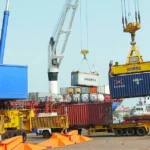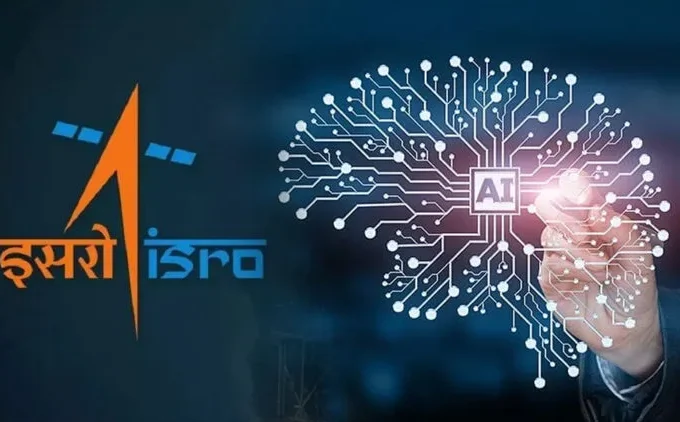National Deep Tech Startup Policy (NDTSP) Consortium announces the draft policy for public consultation; seeking public feedback till September 15, 2023.
The Prime Minister’s Science, Technology, and Innovation Advisory Council (PM-STIAC), in its 21st meeting held on July 7, 2022, recommended the creation of a National Consortium and a Working Group to propose a comprehensive policy framework to address the needs and strengthen the Indian deep tech start-up ecosystem.
Chaired by the Principal Scientific Adviser to the Government of India, Prof. Ajay Kumar Sood, the apex-level National Consortium represents a broad spectrum of stakeholders. The members of the Consortium include high-level representatives from the Department for Promotion of Industry and Internal Trade (DPIIT), Atal Innovation Mission (AIM), NITI Aayog, Ministry of Electronics and Information Technology (MeitY), Department of Biotechnology (DBT), Indian Space Research Organisation (ISRO), National Security Council Secretariat (NSCS), Defence Research and Development Organization (DRDO), National Association of Software and Service Companies (NASSCOM), Confederation of Indian Industry (CII), and Federation of Indian Chambers of Commerce and Industry (FICCI).
The Office of the Principal Scientific Adviser to the Government of India is entrusted with the formulation of this policy collectively with key stakeholders. The Office also plays a catalytic role in building synergy among the stakeholder groups in terms of policy priorities for the deep tech ecosystem. Under the overall guidance of the National Consortium, steered by the Expert Working Group, a draft version of the National Deep Tech Startup Policy (NDTSP) has been developed through an extensive multi-stakeholder consultative process involving startups, incubation centers, industry associations, academic institutions, and relevant government agencies.
The consultation and drafting process involved multiple priority setting meetings at the National Consortium and Working Group level, consultative workshops with deep tech start-ups in Bengaluru, Hyderabad, Mumbai, and New Delhi anchored at academic innovation and incubation centers, multi-stakeholder roundtables and debates, focused group discussions with subject matter experts and technology policy researchers, and (e) interviews with individual thought leaders in this space. These consultations played a pivotal role in shaping the policy’s framework and ensuring its relevance to the needs and aspirations of the deep tech ecosystem. The draft policy is shaped as a result of inputs received from 200+ stakeholders within and outside the deep tech startup ecosystem.
This policy complements and adds value to the existing Startup India policies, programs, and initiatives, by fostering a conducive ecosystem for deep tech startups to thrive and address their unique and complex challenges. The draft NDTSP captures various new policy instruments and suggests necessary policy changes under the following themes:
- Nurturing Research, Development and Innovation
- Strengthening the Intellectual Property Regime
- Facilitating Access to Funding
- Enabling Shared Infrastructure and Resource Sharing
- Creating Conducive Regulations, Standards, and Certifications
- Attracting Human Resources and Initiating Capacity Building
- Promoting Procurement and Adoption
- Ensuring Policy and Program Interlinkages
- Sustaining Deep Tech Startups
















Leave a comment